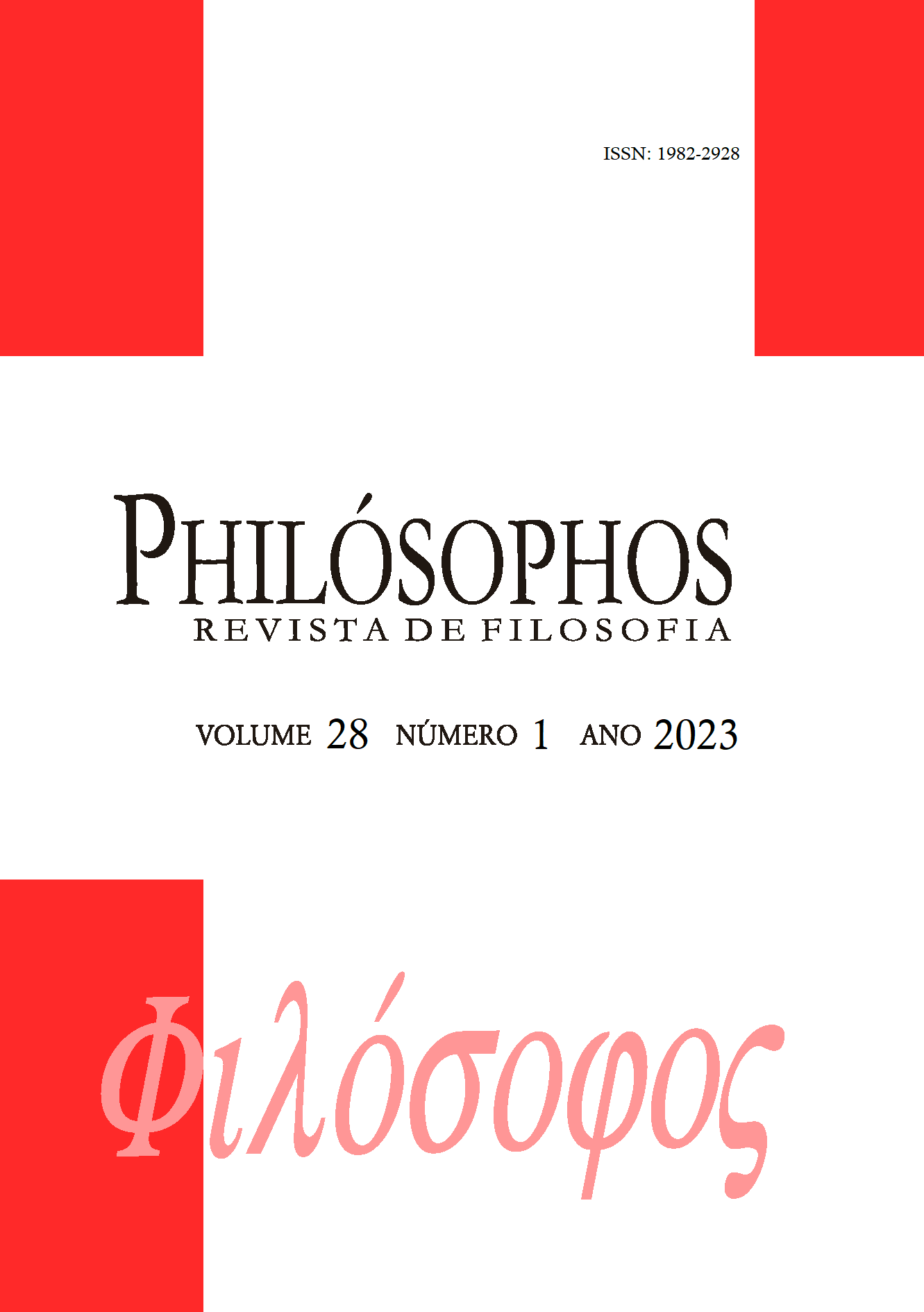República mista e transparência política em O Ano 2440
a utopia futurista de Mercier
DOI:
https://doi.org/10.5216/phi.v28i1.76062Keywords:
Mercier; utopia; república mista; transparência política.Abstract
The Year 2440 by Louis-Sébastien Mercier was first published in 1771, becoming a real bestseller in pre-Revolutionary France. In his work of utopian fantasy, Mercier makes the narrator of the story relate his extraordinary dream with Paris in the 25th century, which allowed the author to carry out a literary exercise to idealize a time to come full of social, political and moral improvements. It is not difficult to see that the central characteristics of this futuristic fiction are deeply rooted in values preached by Enlightenment thought, and with a substantial dose of republican inspiration. The France of 2440 seems to appear as the inevitable result of the progress of the Enlightenment, a time when political oppression and the other evils of the Ancient Regime would have been definitively purged. In view of this, I intend to analyze some of the main elements of the work, in order to discuss Mercier's conceptions that configure his vision of a well-ordered society, based on the political ideals that inform both his criticism of the conditions in force in the 18th century, as well as the solutions he points out to overcome the errors he saw in this picture. Among these solutions, I will highlight the structure of the mixed republic that permeates the organization of powers in the constitution of this utopia, together with various forms of political transparency that would provide visibility and accountability for the acts of its public agents.
Downloads
Downloads
Published
How to Cite
Issue
Section
License
Copyright (c) 2023 Philósophos a journal of philosophy

This work is licensed under a Creative Commons Attribution-NonCommercial-NoDerivatives 4.0 International License.
Authors who publish in this journal agree to the following terms:
- Authors retain copyright and grant the journal right of first publication, with the work simultaneously licensed under a Creative Commons Attribution License that allows others to share the work with an acknowledgement of the work's authorship and initial publication in this journal.
- Authors are authorized to enter into separate, additional contractual arrangements for the non-exclusive distribution of the journal's published version of the work (e.g., publishing in an institutional repository or as a book chapter), with an acknowledgement of its authorship and initial publication in this journal.















